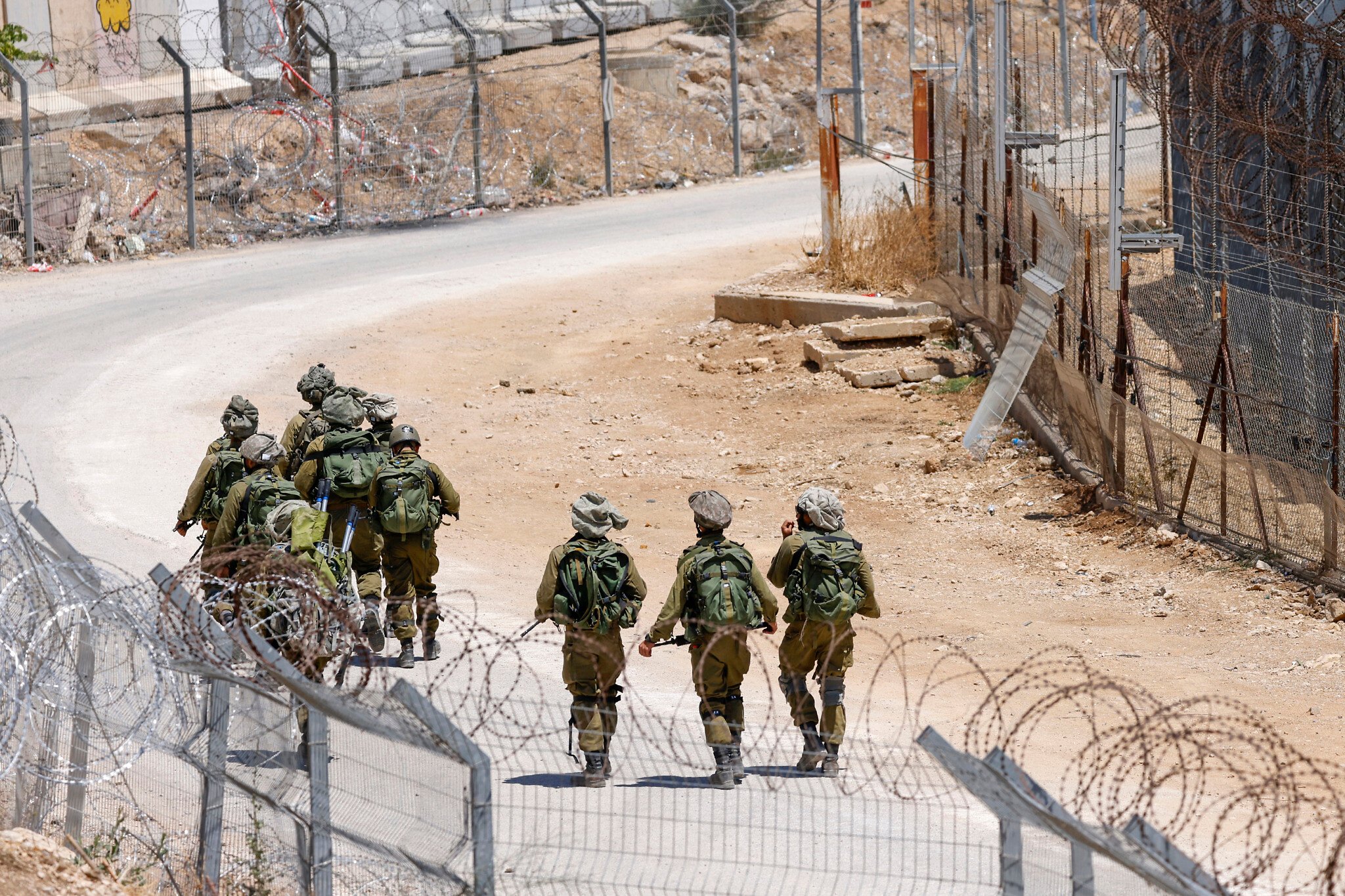In a significant development that could affect Middle East geopolitics, Syrian President Ahmed al-Sharaa announced Wednesday that Damascus and Tel Aviv are nearing a breakthrough in U.S.-mediated security negotiations, with tangible results expected "in the coming days." Speaking to reporters ahead of his planned trip to the United Nations General Assembly in New York, Sharaa described a potential security pact as a "necessity" — one that must respect Syria's territorial integrity and be monitored by the United Nations. The remarks come amid heightened diplomatic activity, including a five-hour meeting in London between Syrian Foreign Minister Asaad al-Shaibani and Israeli Strategic Affairs Minister Ron Dermer, facilitated by U.S. envoy Tom Barrack.
"It's a difficult case — you have negotiations between a Damascene and a Jew," Sharaa quipped with a smile, acknowledging the historic sensitivities while underscoring mutual urgency. According to *The Times of Israel*, which cited Axios reporting, the talks aim to halt relentless Israeli airstrikes — over 1,000 since December 8 — and secure the withdrawal of Israeli ground forces from southern Syria, including strategic positions like Mount Hermon. Sharaa emphasized that any agreement would mirror the 1974 disengagement accord following the Yom Kippur War, establishing demilitarized zones and UN oversight. However, he ruled out immediate talks on the Golan Heights, calling it "a big deal" and premature for current negotiations — a stance aligned with Israel's firm position against relinquishing the territory, recognized by former U.S. President Donald Trump.
Despite optimism, the path has been rocky. Sharaa revealed that talks nearly collapsed in July, just "four to five days" from a tentative framework, after violence erupted in Sweida province between Druze and Bedouin factions. Israeli retaliatory strikes near the presidential palace followed, which Sharaa branded "not a message, but a declaration of war." Yet, Syria deliberately withheld military retaliation to preserve the negotiation channel. Meanwhile, Washington's role remains delicate: while Reuters reported U.S. pressure to seal a deal before the UNGA, Sharaa insisted the U.S. is merely mediating, not coercing.
Parallel diplomatic efforts are underway in Washington, where Foreign Minister Shaibani is scheduled to meet U.S. lawmakers and Secretary of State Marco Rubio. Per Axios, Senator Lindsey Graham confirmed discussions will center on lifting remaining sanctions — particularly those under the Caesar Act — contingent on Syria advancing the security pact and joining anti-Islamic State coalitions. Graham signaled openness to sanctions relief if Syria demonstrates commitment. The State Department has yet to comment.
If successful, this unprecedented rapprochement could stabilize Syria's south, reduce regional volatility, and mark the first major Arab-Israeli security understanding since the Abraham Accords. However, Sharaa clarified that normalization remains off the table for now. With global eyes turning to New York next week, the coming days may witness not just a ceasefire blueprint, but the fragile dawn of a new regional order.
Photo: Israeli occupation forces in the Syrian territory, The Times of Israel
